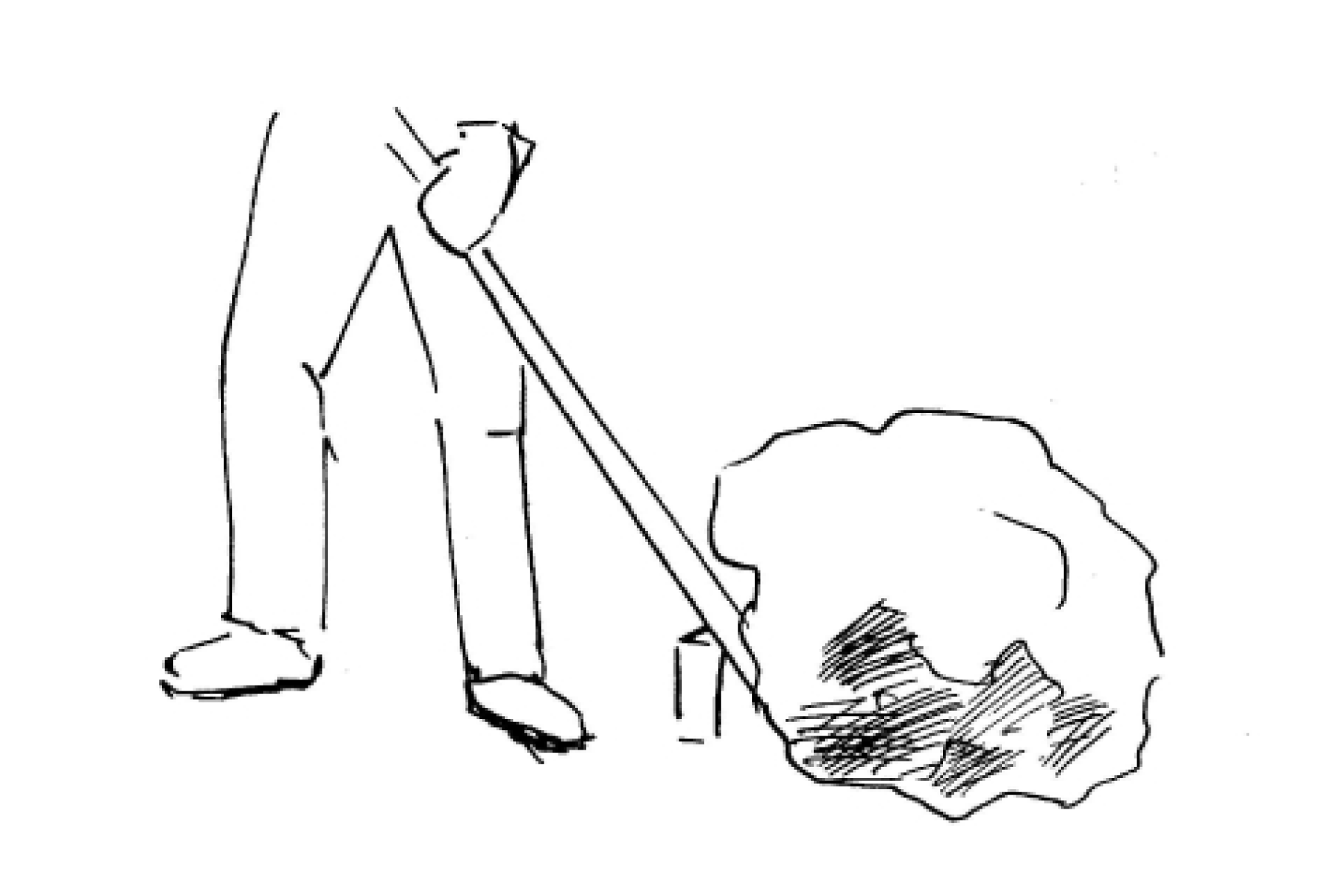
The Context
It’s important to own our weaknesses, as long as we don’t shame ourselves for having them. Because that’s just mean. Beating ourselves up for not being excellent at things that we’re simply not wired to do, it’s a futile game with no winners. If somebody needs you to do something mechanical, analytical or detail oriented, and you're more of a creative and abstract thinker, your brain will often shut down in the face of such tasks, sometimes leaving you feeling foolish and ineffectual. But instead of letting your rejection feelings to globalize and calling yourself an incompetent schmuck, remind yourself of a few things. One, it’s okay that you’re not good at these things. Two, you’re not the only one who struggles with these kinds of tasks. Three, people will still love and value you despite your weaknesses. Four, there are so many other things that you’re superbly talented at. Five, there are plenty of people nearby who possess complementary skillsets who would love to jump in and help. Telling ourselves these kinds of stories about our our weaknesses can fundamentally change we work. Once we can identify the narratives that we have adopted that limit our ability to bring our best, there’s no reason our strengths can operate unfettered.
The Tool
Limitation Language
LIMITATION LANGUAGE -- Building a narrative about your weaknesses that gives you perspective and power
One of my former coworkers comes to mind, who was a profoundly talented writer and editor. Rene was precise, concise and highly detailed oriented. Unfortunately, she didn’t have the time to create any new ideas. Clients kept her too busy servicing the accounts. Even if she did want to brainstorm, which she didn’t, the odds of her having sixty solid minutes to hunker down and bang out an article where slim to none. But the good news is, my role wasn’t client facing. My job was to generate new ideas and flesh them out until the cows came home. And all she had to do was review my work. Which was easy for her and a life saver for me. Rene’s spot checks only required fifteen or so minutes of editing, and in those little pockets of time, she could deploy her left brain skills in a manner that compensated for my right brain stubbornness. Ultimately, because of our partnership, each of us could own our weaknesses without dwelling on them. We simply had to reach out to each other, get the help we needed, and then get back to work executing on our strengths.

Scott's Take
Next time you’re tempted to beat yourself up for not excelling at something your brain isn’t natively wired to do, tell yourself a new story. Connect with someone who can fill that gap, and both of you can win. What narrative have you adopted that limits your ability to bring your best?
The Rest
The Benefits
Execute tasks that are outside of your skillset
Own your limitations without dwelling on them
Do work that plays to your strengths more often
Build mutually supporting relationships with people who have complementary skillsets